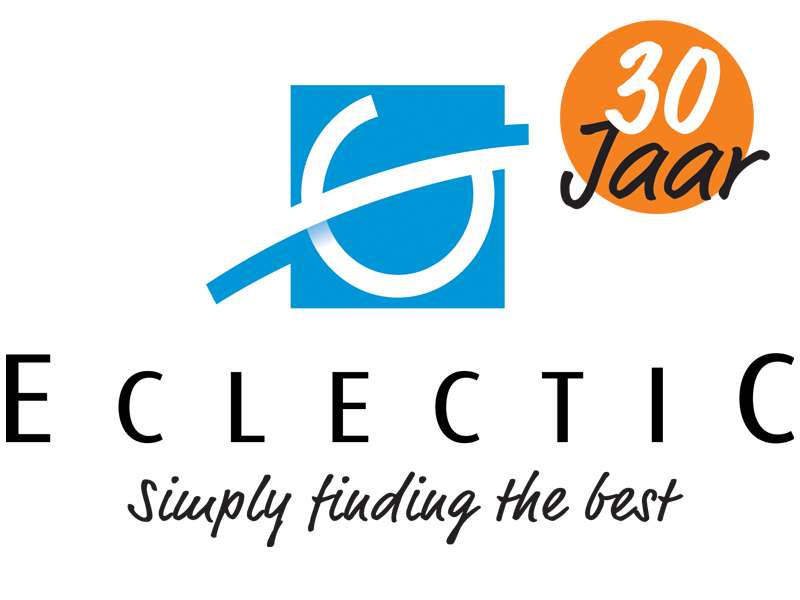Gepubliceerd op:December 30, 2022
AI – a technical solution to every human challenge.. ?!?
Looking at the newest technological innovation, ideas and developments for the HR & Recruitment Industry you will recognize, that the last bit of human work is tried to be removed from the process in order to reach full automatization and efficiency. Especially the matching process (matching of candidate and position to be filled) and the interview process seem to be in the center of attention currently when it comes to innovative solutions. This is what I found looking at a bunch of inventors and innovators representing their start-ups and innovative ideas at Websummit 2017 in Lisbon.
What does this mean concretely? The matching process is a typical example. So far there have been automated solutions in terms of key word search in the broadest sense. If you needed to find someone with special technical skills or experience in a specific area of expertise a search could be performed in order to select all profiles that contain this specific key word. In addition candidates are often asked to answer specific questions rather than just leaving their CV, so categorizing in terms of years of experience, area/ region, seniority level, etc is made easier. Anyway, these are tools in order to make pre-selection easier, but they are not necessarily the way to find the right profiles quicker. There is a tremendous risk of missing out profiles that actually could be a fit as well as dealing with profiles that actually aren’t fit at all, even while applying a lot of goodwill.
What’s next?
So in the context of new technological developments and improvements what do we need to think of for the future? First of all there are some companies testing self-learning systems in order to identify passive candidates by their online behavior. For learning and development some companies start to use algorithms in order to identify what people are interested in – a bit like online shops generating user centric advertisements. In general, AI could be implemented for a lot of different processes within HR in the future. Currently only a small amount of companies is already using it, as the cost value ratio is a crucial factor in this game still. But looking into the future we assume that especially repeated task-oriented workflows will be automated first by using robotic process automation. AI technologies, such as predictive analyses are going to change the way companies will be hiring and maintaining candidates. Self-learning chatbots which are able to recognize voice as well as text based conversations are entering the market currently. These could be used in a new form of service center but what we also see is, that they will also be used for candidate interviews. The idea is to record interviews in order to analyze them in terms of content, language, reaction, emotions etc and finally get to a broader, ideally better picture of the candidate which should make matching the candidate to the position to fill easier…
What’s the crucial success factor
for AI in HR?
It’s great to talk about the future and dream about the unlimited possibilities, especially in the area of technical development and innovation. However, this development is always dependent on one single thing – user acceptance. If the user doesn’t see any use in it, the greatest idea and most complicated technological innovation isn’t worth a penny. So looking at our example again, we need employees as well as candidates to accept and use the new technology in order to be able to get benefit from it. Big corporate companies with a famous name are the most likely to book first successes with these innovative solutions. They typically have a huge number of candidates that are highly motivated to get a job at the company, just because of its reputation. These candidates are typically less critical about all the steps they need to run through in order to be accepted as a fully screened candidate in the end. They might have less issues with additional effort to take, such like answering standard questions while video recording themselves, voice recorded interviews that go through a second automated analysis, online tests, etc. They will also ask less questions about their privacy rights, data protection, etc as in the end they just want to get the job. So we need to assume that especially the young generation – our digital natives – will be open for this kind of development regarding HR related processes. More senior candidates with less affinity to web-based solutions and automated processes as well as smaller or less known companies will have difficulties to take the role of an early adopter.
So what can we conclude for now? Change is coming, smart technical solutions will take over more and more of our human tasks and the definition of work will again be a different one in a few years from now. Will human beings still be needed? Most probably, but in a different way. Workflows with less repetition and a high complexity will still be in best hands with human beings, but lots of the tasks we find natural to do today will disappear. But hey, what’s new about this? Twenty years ago we haven’t been able to imagine that half of all jobs today is IT-related or purely done with the support of IT systems, right…?!?
Anderen bekeken ook

December 30th, 2022
Get digitized now!
Do you like fetching the newspaper from the letter box in the morning and feel the paper in your hands

December 30th, 2022
Follow your dreams ?!?
Do you know people that are dreaming of a different life but don’t do something about it? People who are

December 30th, 2022
Meaningful is the new successful…
I never thought I would say this, but it’s just fascinating to look at the new generation entering the business


